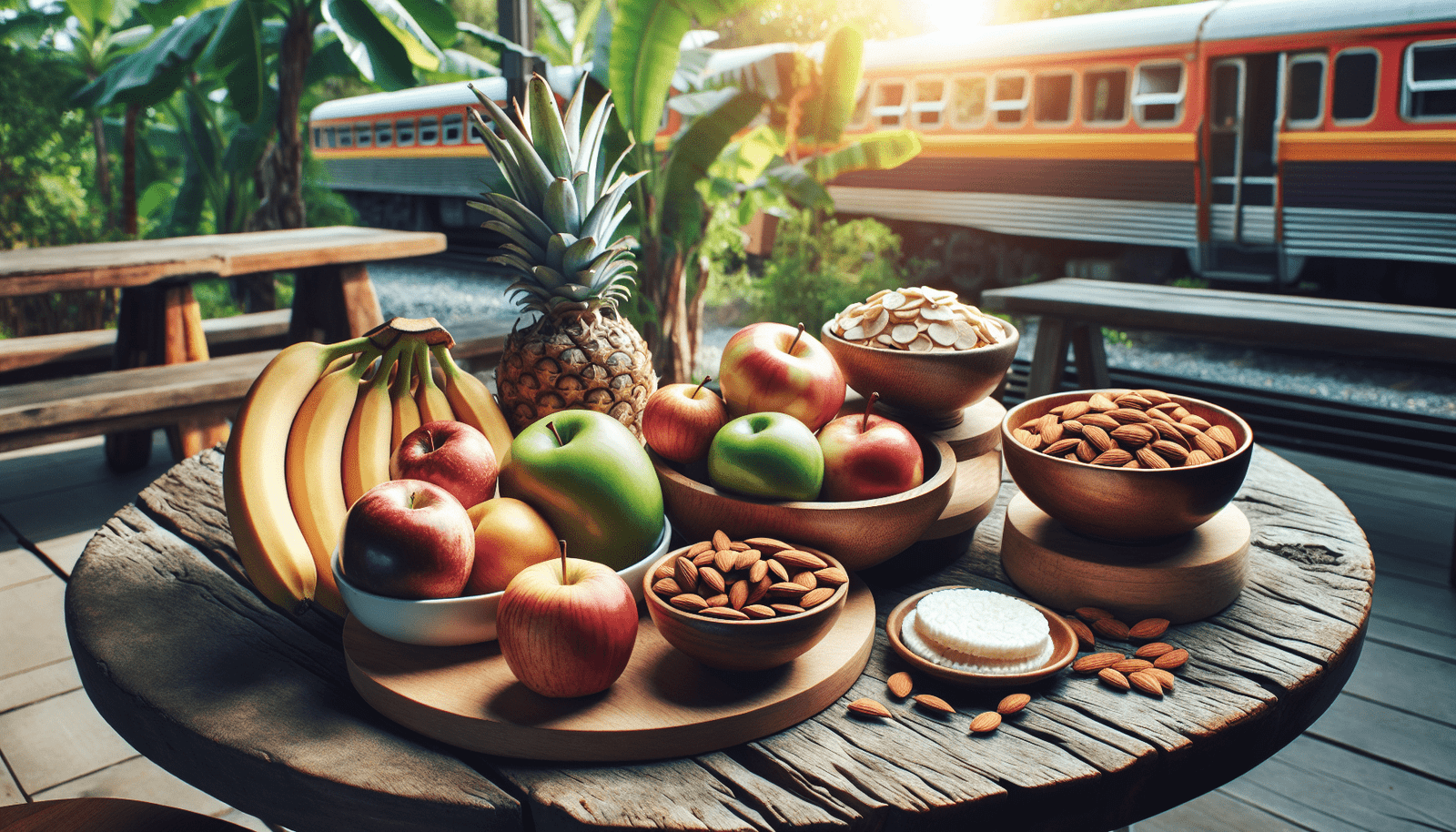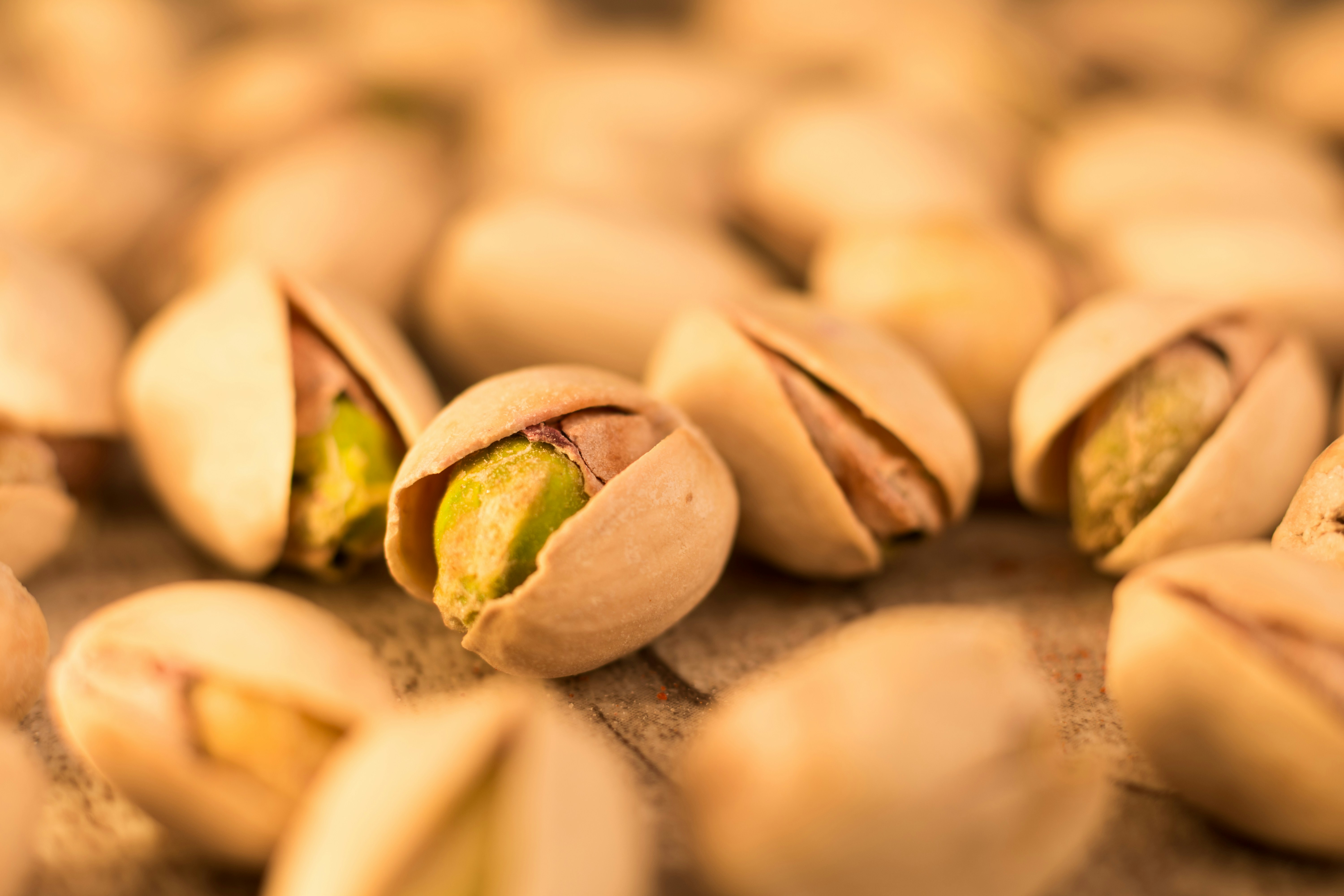Have you ever been on a road trip or a long flight, rummaging through your bag only to realize that none of your snacks fit into your dietary needs? When you’re on a low-oxalate diet, picking the right snacks for travel can feel a bit challenging. It’s essential to find enjoyable options that won’t compromise your health or the satisfaction of feeling prepared for the journey ahead.
Understanding Oxalates
Before we get to the specifics about snacks, let’s take a closer look at what oxalates are and why some people need to limit them. Oxalates, or oxalic acid, are naturally occurring compounds found in many plants. They’re part of what gives certain foods their flavor and nutritional value. For most people, oxalates are just another part of a balanced diet, but for others, particularly those prone to kidney stones or other specific health concerns, reducing oxalate consumption can be crucial. When consumed in high amounts, oxalates can contribute to the formation of kidney stones and other health issues by binding with calcium and forming insoluble calcium oxalate.
Individuals with certain health conditions may need to limit their oxalate intake to prevent these and other complications. If you fall into this category, preparing your travel snacks with low-oxalate options can help you maintain your diet even when you’re on the move.
Why Snacks Matter on the Go
Traveling can be exhausting, and without the right nutrition, it can also become uncomfortable. Snacks keep your energy levels steady, curbing hunger and keeping you in a good mood. The tricky part is ensuring these snacks adhere to a low-oxalate diet, which may seem daunting because many common snack foods, like nuts and certain fruits, are high in oxalates.
Basics of a Low-Oxalate Diet
Before selecting snacks, it’s helpful to know the basics of a low-oxalate diet. This approach generally avoids or limits high-oxalate foods, aiming to keep daily oxalate intake below a specific threshold, often around 50 milligrams. Foods like spinach, beets, nuts, and chocolate are typically restricted.
Focused on the notion that health begins with the choices we make, a low-oxalate diet often encourages consumption of foods lower in oxalates, like most grains, dairy products, and many fruits and vegetables, albeit in moderation.
Low-Oxalate Snack Essentials
A well-stocked travel bag with low-oxalate snacks can make a world of difference in avoiding those tempting but potentially problematic airport kiosks or gas station shops. Here are some tasty, low-oxalate snack ideas you might consider:
Fruits That Fit the Bill
Some fruits are your allies when it comes to low-oxalate snacking. While certain fruits like berries tend to be higher in oxalates, many others are safe bets.
- Bananas – Not only are they low in oxalates, but they’re also portable and don’t require any special packaging.
- Apples – Another excellent low-oxalate option; consider bringing along individual servings of unsweetened applesauce for convenience.
- Pears – A similar choice that offers fiber and sweetness without the oxalate concerns of other more acidic fruits.
Veggies to Crunch On
Many vegetables make for great snacks when prepared correctly.
- Carrot sticks – These are not only low in oxalates but also offer a satisfying crunch.
- Cucumber slices – Refreshing and hydrating, cucumbers are an optimal choice.
- Bell pepper strips – Sweet and crunchy, they add a bit of color to your snack prep.
Dairy Delights
Dairy can play a role in your snack choices since most dairy products are low in oxalates and rich in calcium.
- Cheese sticks – Simple and easy to pack, cheese sticks offer protein and energy.
- Plain yogurt – Available in convenient packaging, yogurt provides probiotics and can be paired with low-oxalate fruits.
Savory Grains
Whole grains in moderation are usually compatible with a low-oxalate diet, offering sustenance and energy.
- Rice cakes – Light and easy to transport, these can be topped with low-oxalate spreads like plain cream cheese or hummus.
- Oatmeal packets – Just add hot water, and you’ve got a comforting, warm meal perfect for early morning flights or layovers.
Creating the Perfect Snack Mix
One of the best ways to ensure you’re enjoying variety and satisfaction from your snacks is by creating a mix, much like a trail mix but tailored to be low in oxalates. Combining different elements can satisfy taste buds and keep things interesting.
Low-Oxalate Snack Mix Recipe
Ingredients:
- 1 cup pumpkin seeds (pepitas)
- 1 cup sunflower seeds
- 1 cup raisins or dried cranberries
- 1 cup plain popcorn
- 1 cup shredded coconut (unsweetened)
Instructions:
- Combine all the ingredients in a large bowl.
- Mix well to ensure an even distribution of flavors.
- Divide into individual baggies or containers for easy grab-and-go.
This mix is both sweet and savory, delivering a crunch and a sweet bite without exceeding oxalate limits.
Hydration Matters Too
Water intake is especially crucial for those managing oxalate levels since it helps dissolve mineral concentration in the urine, reducing the likelihood of stone formation. Always keep a reusable water bottle with you when traveling and aim to drink sufficient water throughout the day.

Planning Ahead for Efficient Travel
Planning is key when it comes to travel, especially with dietary needs. By preparing in advance, you’ll avoid the anxiety of what’s available at your destination and what may be permissible. Consider these tips:
- Research local grocery stores or markets: Knowing where you can find fresh and low-oxalate foods at your destination can ease some travel stress.
- Check ahead for airline meal options: Some airlines offer special meal requests, which might accommodate low-oxalate needs.
- Hotel accommodations: Find out if your hotel offers a mini-fridge for storing perishable items.
Navigating Challenges
Even with the best planning, there might still be moments when you get caught off guard. Perhaps a flight is delayed or a road trip takes longer than expected. It’s important to remember that flexibility is part of travel, and doing your best is enough. Here are a few approaches to handling those unplanned situations:
- Scope out options when necessary: Most locales will have at least a few options for fruit, yogurt, or simple grain snacks.
- Ask for ingredient lists: When in restaurants or cafes, don’t hesitate to ask about ingredients or preparation methods to ensure foods align with your dietary needs.

In Conclusion
Embarking on journeys with a low-oxalate diet in mind doesn’t mean foregoing enjoyable food experiences or feeling deprived. With a bit of knowledge, planning, and creativity, you can have a delightful array of snacks that cater to your health requirements. It’s about striking that balance between maintaining your health and enjoying the multitude of adventures the world has to offer. Remember, your health is in your hands, and thoughtful preparation today helps ensure a smoother, stress-free tomorrow. Bon voyage!




